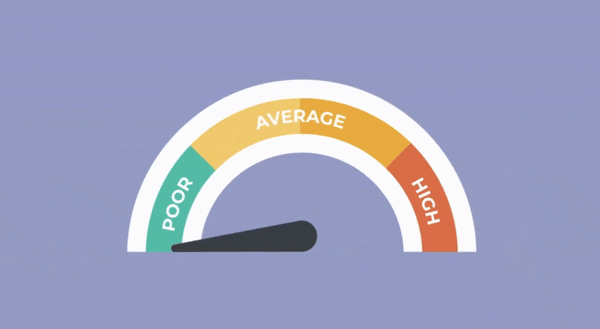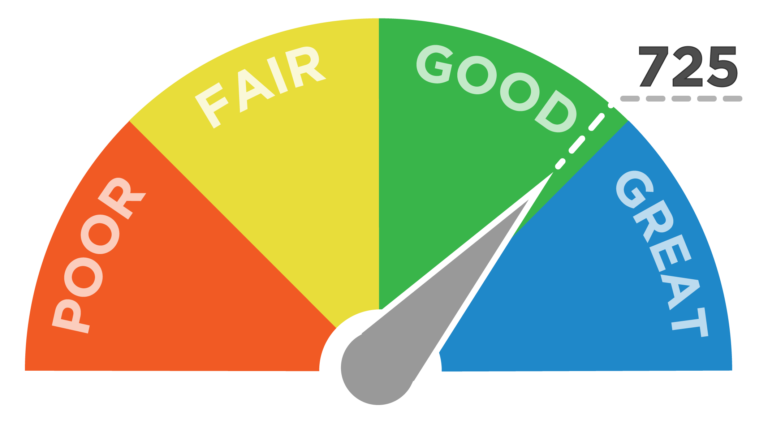


Understand your Credit Report
Your journey to better credit begins with understanding your credit report. This report contains detailed information about your credit history, including loans, credit cards, payment history, and any outstanding debts.
- Obtain Your Credit Report: You’re entitled to a free credit report annually from each of the three major credit bureaus—Equifax, Experian, and TransUnion. Visit AnnualCreditReport.com to request your reports.
- Review for Errors: Carefully check your credit report for any inaccuracies or outdated information. Common errors include incorrect personal information, wrong account statuses, and duplicate entries.
- Dispute Inaccuracies: If you find any errors, dispute them with the credit bureau. Provide documentation to support your claim, and the bureau must investigate and correct any verified inaccuracies.

Pay your Bills on Time
Payment history is one of the most significant factors affecting your credit score. Late or missed payments can have a substantial negative impact, so it’s crucial to stay on top of your bills.
- Set Up Reminders: Use calendar alerts or automated reminders to ensure you never miss a payment deadline.
- Automate Payments: Set up automatic payments for at least the minimum amount due on your accounts. This helps prevent late payments and ensures your bills are always paid on time.
- Prioritize Debt Repayment: If you’re struggling to make payments, prioritize your debts. Focus on high-interest debt first, but don’t neglect minimum payments on other accounts to avoid penalties.

Reduce your Debt
High levels of debt can negatively affect your credit score, particularly if your credit utilization ratio (the amount of credit you're using compared to your credit limits) is too high.
- Create a Budget: Assess your income and expenses to create a realistic budget. Allocate a portion of your income to paying down your debts.
- Pay More Than the Minimum: Whenever possible, pay more than the minimum payment on your credit cards and loans. This reduces your principal balance faster and saves you money on interest.
- Avoid New Debt: Resist the temptation to open new credit accounts or take on additional debt while you’re in the process of repairing your credit.
Build Positive Credit History
Building a positive credit history is essential for improving your credit score. This involves using credit responsibly and demonstrating to lenders that you can manage debt effectively.
- Get a Secured Credit Card: If you have trouble getting approved for a traditional credit card, consider a secured credit card. With a secured card, you deposit a certain amount as collateral, which serves as your credit limit.
- Use Credit Wisely: Make small purchases on your credit card and pay off the balance in full each month. This shows lenders that you can handle credit responsibly.
- Consider a Credit-Builder Loan: Some financial institutions offer credit-builder loans designed to help you improve your credit. The loan amount is deposited into a savings account, and you make monthly payments until it’s paid off, at which point you gain access to the funds.

Keep Old Accounts Open
The length of your credit history is another factor in your credit score. Keeping older accounts open, even if you’re not using them, can benefit your score.
- Don’t Close Old Accounts: Unless there’s a compelling reason, avoid closing old credit accounts. The longer your credit history, the better it can be for your credit score.
- Manage Inactive Accounts: If you have inactive accounts, consider making small purchases and paying them off immediately to keep the accounts active.

Monitor your Progress
Regularly monitoring your credit score and report helps you stay informed about your progress and quickly address any issues that arise.
- Use Credit Monitoring Services: Many credit monitoring services offer tools to track your credit score and receive alerts about changes to your credit report.
- Check Your Report Regularly: Regularly reviewing your credit report ensures you catch and address any inaccuracies or signs of fraud promptly.


